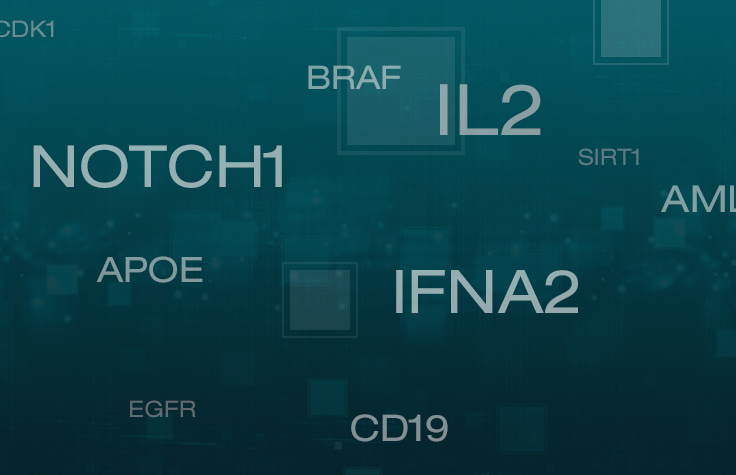Copy Number Variation (CNV) Analysis
Introduction to CNV Analysis
Copy number variations (CNVs) are genomic alterations that result in an abnormal number of copies of one or more genes. Structural genomic rearrangements such as duplications, deletions, translocations, and inversions can cause CNVs.
Like single-nucleotide polymorphisms (SNPs), certain CNVs have been associated with susceptibility to diseases such as cancer, autoimmune diseases, inherited genetic disorders, and more. Illumina offers a variety of microarray and next-generation sequencing (NGS) solutions for high-resolution copy number analysis.
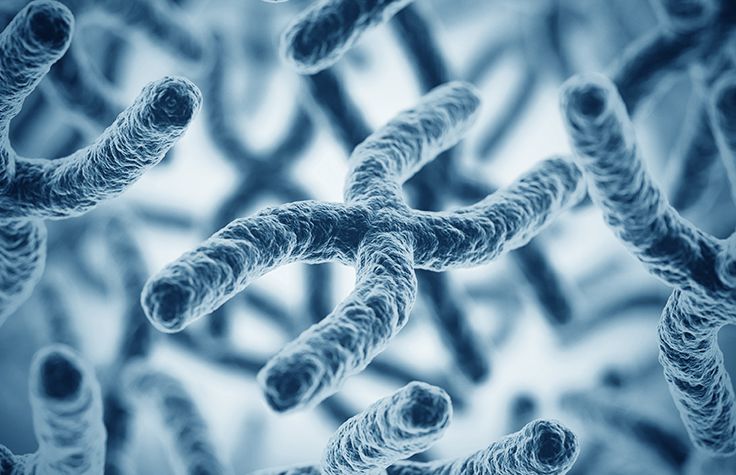
Microarray-Based CNV Analysis
Genome-wide genotyping arrays are commonly used to detect genetic variants, including CNVs that contribute to diseases and phenotypes. Array-based approaches for copy number analysis offer reliable, efficient methods for large-scale analysis.
Researchers can process multiple samples on a single microarray for broad surveys of genomic structural variation, and accurately profile chromosomal aberrations such as amplifications, deletions, rearrangements, and copy-neutral loss of heterozygosity.
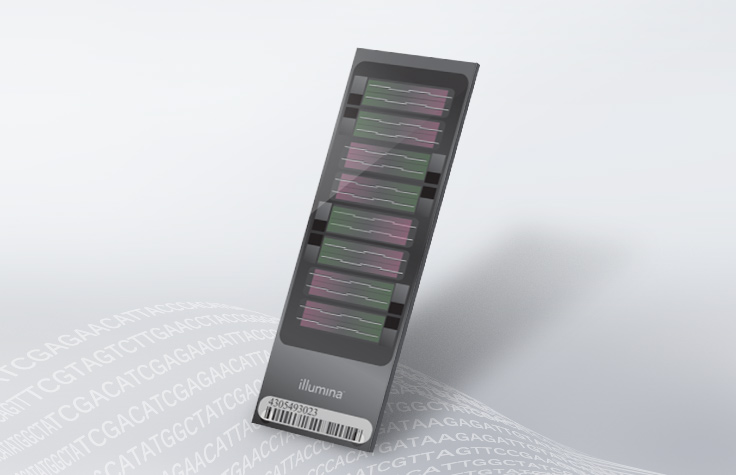
Featured CNV Array Solutions
Illumina offers a broad range of microarrays for identifying copy number aberrations. Our scientists strategically select the markers on the arrays to provide maximum genome coverage for optimal copy number analysis.
Cytogenomic Arrays
Arrays for cytogenomics research, which are specifically validated for CNV analysis as part of the manufacturing process.
Learn MoreHuman Genotyping
Unbiased, non-targeted arrays for human variant detection, providing high coverage across the human genome.
Learn MoreCustom Genotyping
Design custom or semi-custom arrays for any species, with convenient online tools and Illumina expert assistance.
Learn MoreAll Microarray Kits
Find ready-to-use microarrays for a wide variety of genotyping and epigenetics studies.
Learn MoreNGS-Based Copy Number Analysis
While efficient for large CNV detection, genotyping arrays are less sensitive for detecting CNVs smaller than 50 kilobases. By providing a base-by-base view of the genome, NGS detects small or novel copy number variants that arrays often miss.
NGS can also map the exact location of a CNV. The high resolution of sequencing complements the high throughput of arrays, enabling a comprehensive view of the genome.
Unmasking Autoimmune Diseases Using Genomics
Researchers initially used genome-wide arrays to identify copy number variations associated with lupus. To gain further insights, they adopted NGS (whole-genome and exome sequencing) to interrogate large numbers of genes for rare mutations.
Read Interview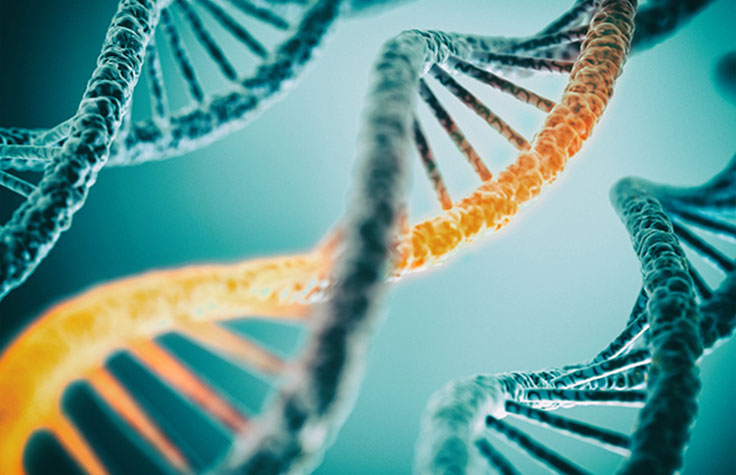
Featured NGS Products and Software for CNV Analysis
Illumina DNA PCR-Free Prep
A high-performing, fast, and integrated library prep workflow for sensitive applications such as human whole-genome sequencing.
Learn MoreDRAGEN Bio-IT Platform
Perform accurate, ultra-rapid analysis of genomic data, including CNV analysis for insights into genomic structural variation.
Learn MoreBaseSpace Whole-Genome Sequencing App
Analyze WGS data using fast, accurate Isaac algorithms for alignment and calling of variants, including CNVs.
Learn MoreTruSight Software Suite
Simplify rare disease variant analysis by calling and reporting on variants (including small variants, CNVs, mitochondrial variants, and more) from one software interface.
Learn MoreStudying Downstream Effects of CNVs
Copy number variation often alters gene expression. Targeted RNA sequencing (RNA-Seq) is an unbiased approach for analyzing and quantifying transcripts of interest. RNA-Seq can capture subtle gene expression changes, measure allele-specific expression, and detect fusion genes. By characterizing the downstream effects of variants, researchers can better understand the molecular mechanisms of disease.
NGS Shows CNV Impact on Gene Expression
Researchers use targeted RNA-Seq to uncover how a CNV linked to schizophrenia affects gene expression in the brain.
CNV Data Analysis Articles
SMN1 & SMN2 Copy Number Analysis from WGS Data
Scientists developed a bioinformatics tool that detects SMN1 and SMN2 gene copy number based on whole-genome sequencing data, to help advance spinal muscular atrophy research.
Read ArticleAccurate CYP2D6 Genotyping Using WGS Data
Compared with traditional genotyping assays, whole-genome sequencing provides a promising option for building accurate allele frequency databases for pharmacogenomics applications because it assays CNVs as well as other variants.
Read ArticleRelated Content
Cytogenomics
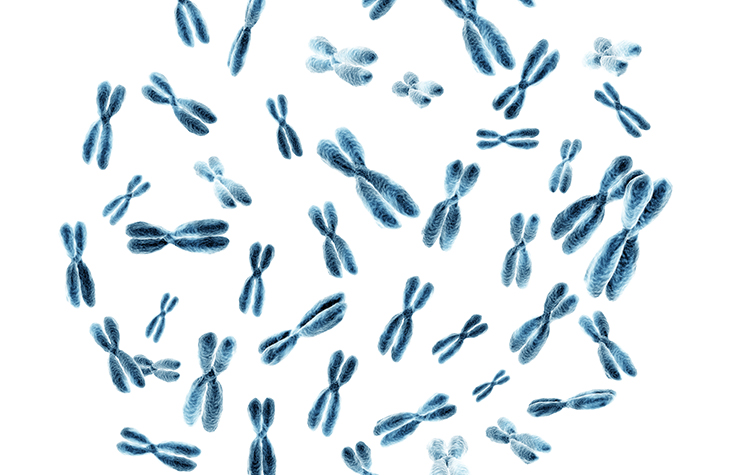
Illumina offers microarrays designed to detect chromosome aberrations and provide accurate cytogenomic data. NGS may be used to confirm copy number variants detected by arrays. Learn more about cytogenomics.
Whole-Genome Sequencing
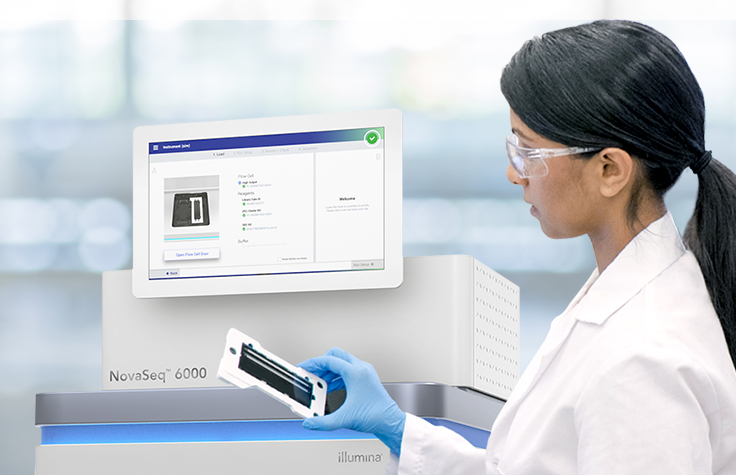
Get a high-resolution, base-by-base view of the genome and identify potential causative disease variants. Learn more about WGS.
Disease Variant Discovery
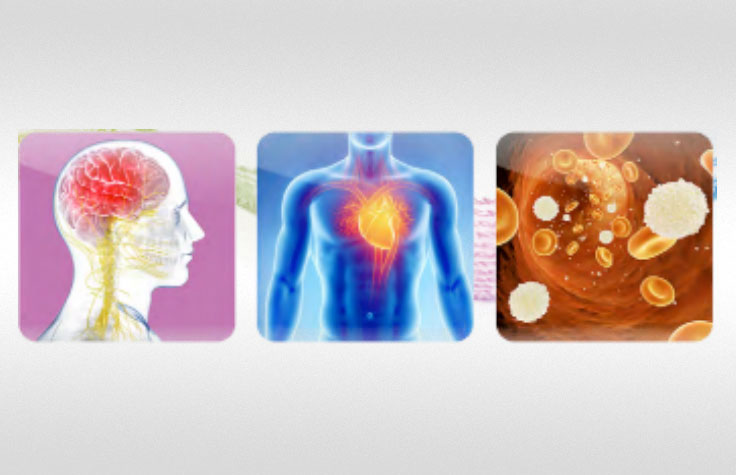
Array and NGS solutions can help researchers identify causative variants, including CNVs, associated with complex diseases. Learn more about causal variant discovery.
Karyomapping
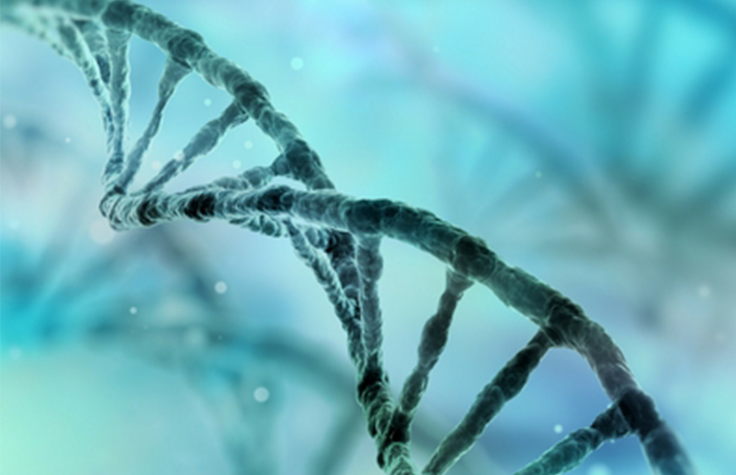
This technique creates a map of embryo chromosomes, giving researchers valuable insight into the role that genomics plays in the inheritance of single-gene defects. Learn more about karyomapping.
Interested in receiving newsletters, case studies, and information on sequencing methods? Enter your email address.
Additional Resources
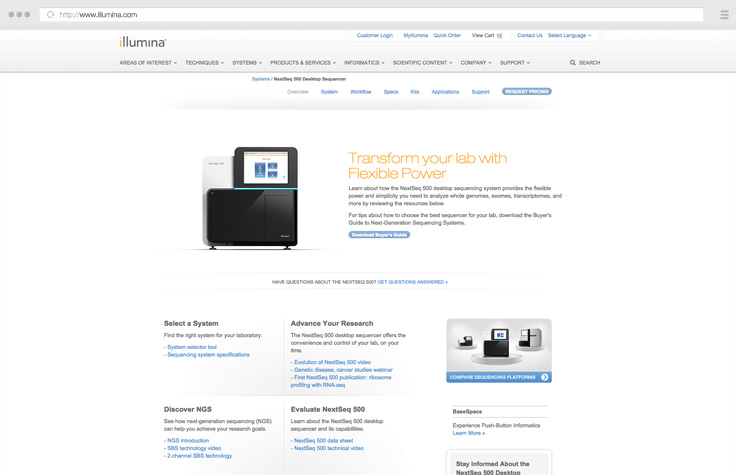
System for NGS and Cytogenomic Arrays
Perform sequencing and high-quality cytogenomic array scanning all on a single platform, the NextSeq 550 System.
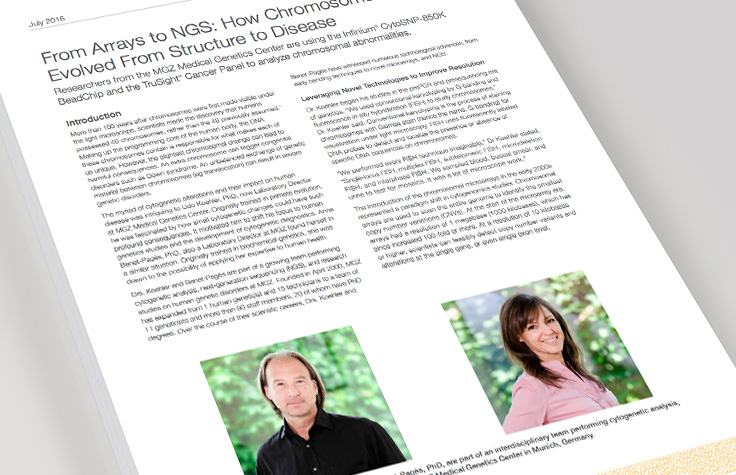
Chromosomal Genetics Studies
Researchers adopt NGS and array technologies to analyze chromosomal abnormalities and their connection to disease.
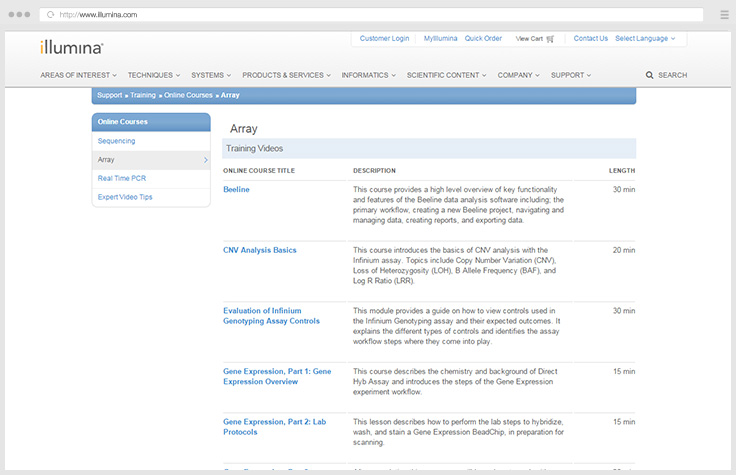
CNV Array Data Analysis Training
Learn how to analyze CNV data from Infinium genotyping arrays using GenomeStudio Software.
